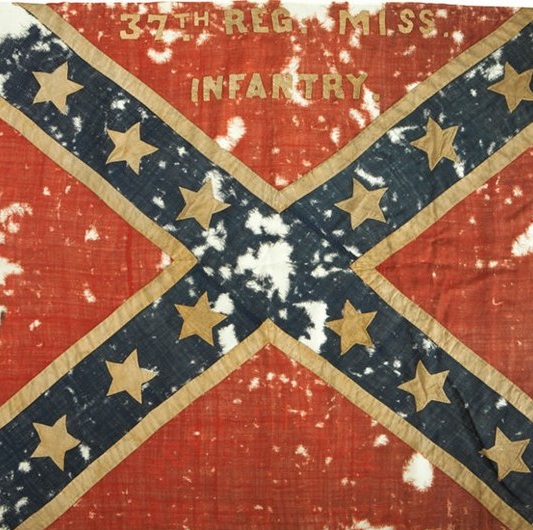
by Richard Subber | Sep 28, 2022 | American history, Book reviews, Books, Democracy, History
…they just walked away…
Book review:
Ends of War:
The Unfinished Fight of Lee’s Army
after Appomattox
by Caroline E. Janney
Chapel Hill, NC: The University of North Carolina Press, 2021
331 pp.
I thought I know a lot about the American Civil War. Janney’s book, Ends of War, is a good reminder that there’s lots more to learn.
Lee surrendered his army to Grant on April 9, 1865. Of course it’s pretty well known that other Confederate Army units were still fighting for several months after that event.
Janney confirms this stark point: for tens of thousands of Confederate soldiers, the war didn’t end then. They just stopped actively fighting the Union forces.
Close to half of Lee’s men never actually surrendered at Appomattox, and this unappreciated reality was part of the foundation of the dangerous Southern mythology of the “Lost Cause.”
Lee had a bit less than 50,000 men under his command when he signed the surrender document in Wilmer McLean’s house. Less than 30,000 of Lee’s men were officially but very haphazardly “paroled” in the days following the surrender.
At least 20,000 men in dirty gray uniforms walked or rode away from Appomattox without officially surrendering, most of them hoping to head for home. Many of them remained devoted to “the cause.”
It seems that Grant and Lincoln and the Union forces desperately wanted to end the fighting, but there was no real Northern plan to deal with the peace that was the presumptive goal, and to end the Southern insurrection, and to realistically bring the people of the rebel states back into the Union.
For my taste, the book is too long. Janney could have established her argument, made her case, and proved her point in fewer pages.
* * * * * *
Book review. Copyright © Richard Carl Subber 2022 All rights reserved.
Book review: The Cradle Place
by Thomas Lux
poems wrapped in a wet rag…
–
My first name was rain: A dreamery of poems with 53 free verse and haiku poems,
and the rest of my poetry books are for sale on Amazon (paperback and Kindle)
and free in Kindle Unlimited, search Amazon for “Richard Carl Subber”
* * * * * *
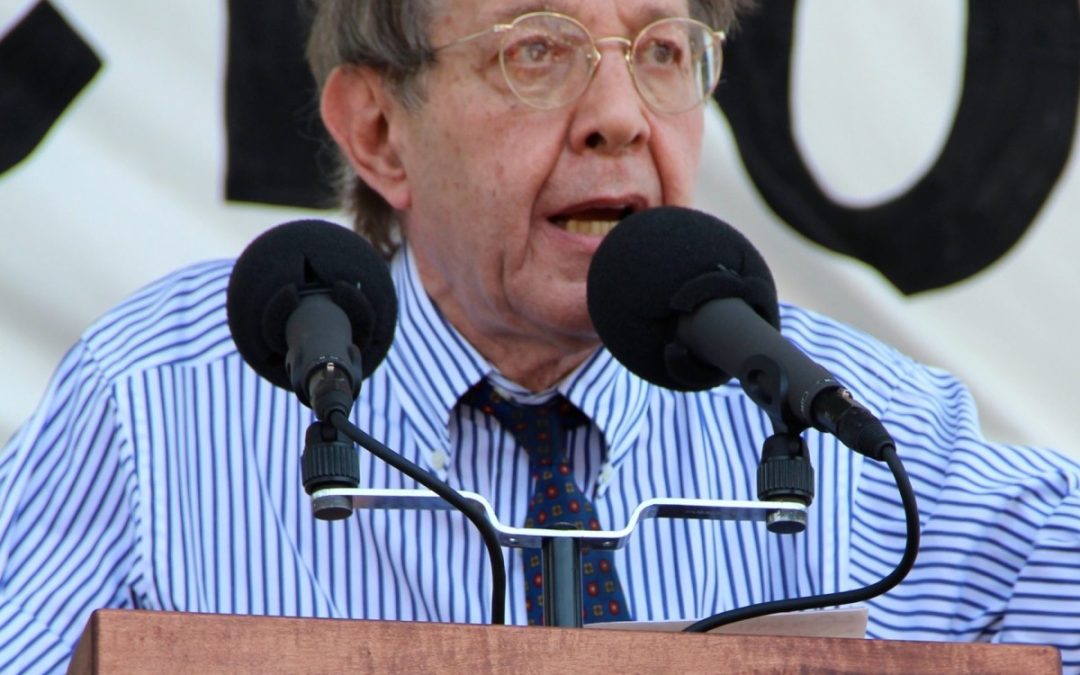
by Richard Subber | Aug 1, 2022 | Democracy, Politics, Power and inequality, Tidbits
Bite off as much as you can chew…
“Pick battles big enough to matter,
small enough to win.”
The wisdom of Jonathan Kozol (b1936)
Public education activist, keen thinker
This quote from Jonathan Kozol is a strategic, actionable version of similar quotations from historic writers:
Voltaire: “The best is the enemy of the good.”
Confucius: “Better a diamond with a flaw than a pebble without.”
Shakespeare: “Striving to better, oft we mar what’s well.”
This is wisdom indeed for those of us who strive to make things better in the political arena that threatens us today.
I’m convinced that it’s worse than foolish to support or vote for a fringe or “outsider” candidate who has sparkling, pure principles and no chance in hell of winning. If you have to, hold your nose in the primary election and vote for the Democrat or Republican of your choice who can actually win the election.
Voting for a more or less surefire loser as a matter of principle—except in the general election—is just like throwing your vote away, and letting everyone else choose the winner.
* * * * * *
Copyright © Richard Carl Subber 2022 All rights reserved.
Book review: Ethan Frome
not being satisfied with less…
by Edith Wharton
–
Seeing far: Selected poems with 47 free verse and haiku poems,
and the rest of my poetry books are for sale on Amazon (paperback and Kindle)
and free in Kindle Unlimited, search Amazon for “Richard Carl Subber”
* * * * * *
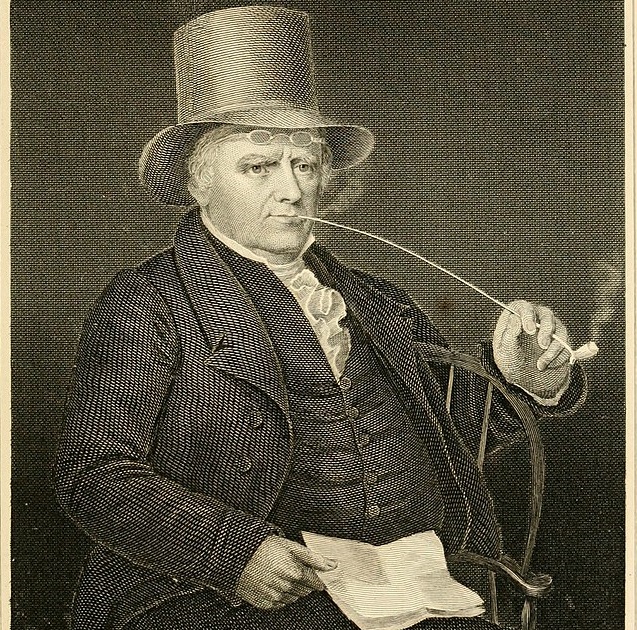
by Richard Subber | Jul 22, 2022 | American history, Book reviews, Books, Democracy, History, Politics, Power and inequality
Partisan politics, just like today…
Book review:
A Magnificent Catastrophe:
The Tumultuous Election of 1800,
America’s First Presidential Campaign
by Edward J. Larson
New York: Free Press, 2007
A Magnificent Catastrophe tells us about yet another nightmare in American history that we don’t know well enough.
Thomas Jefferson and John Adams went head to head in the first presidential campaign that was based on party politics and partisan venality and telling lies for political advantage.
In other words, just like today.
The election outcome in 1800 wasn’t clear cut—the politicians were at each other’s throats, and the public interest was lost in the shuffling.
Politics started getting its bad name more than 200 years ago.
* * * * * *
Book review. Copyright © Richard Carl Subber 2022 All rights reserved.
Book review: Forced Founders
by Woody Holton
The so-called “Founding Fathers”
weren’t the only ones
who helped to shape our independence…
–
Writing Rainbows: Poems for Grown-Ups with 59 free verse and haiku poems,
and the rest of my poetry books are for sale on Amazon (paperback and Kindle)
and free in Kindle Unlimited, search Amazon for “Richard Carl Subber”
* * * * * *
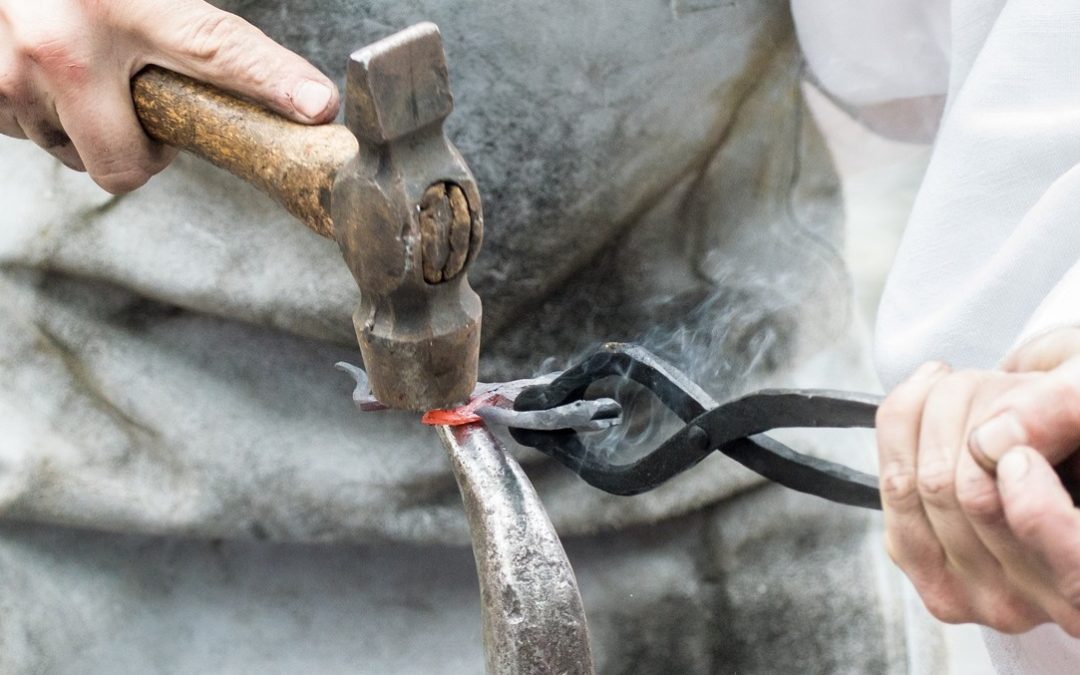
by Richard Subber | May 23, 2022 | American history, Book reviews, Books, Democracy, History, Politics, Power and inequality, Revolutionary War
ordinary folks had a lot to do with it…
Book review:
The Urban Crucible:
Social Change, Political Consciousness,
and the Origins of the American Revolution
by Gary B. Nash
Cambridge, MA: Harvard University Press, 1979
The Urban Crucible is a densely researched and fully explored comparative history of the economic, social, and political environments in Boston, New York, and Philadelphia during the late 17th and early 18th centuries.
Here’s my hint: there was more well-informed “mob” action than you have read about in other histories.
The early colonial experiences in the three principal seaport towns are vividly contrasted and authoritatively explained. Nash candidly digs deep and deeper into a wide range of primary sources. The sins and the heroics of the leadership elite and the “leather apron” artisans and the anonymous working poor are examined in profoundly realistic historical context.
You can’t read The Urban Crucible and not learn a lot.
* * * * * *
Book review. Copyright © Richard Carl Subber 2022 All rights reserved.
Is the public interested in public interest news?
Isn’t news the new stuff you suddenly want to know?
–
As with another eye: Poems of exactitude with 55 free verse and haiku poems,
and the rest of my poetry books are for sale on Amazon (paperback and Kindle)
and free in Kindle Unlimited, search Amazon for “Richard Carl Subber”
* * * * * *
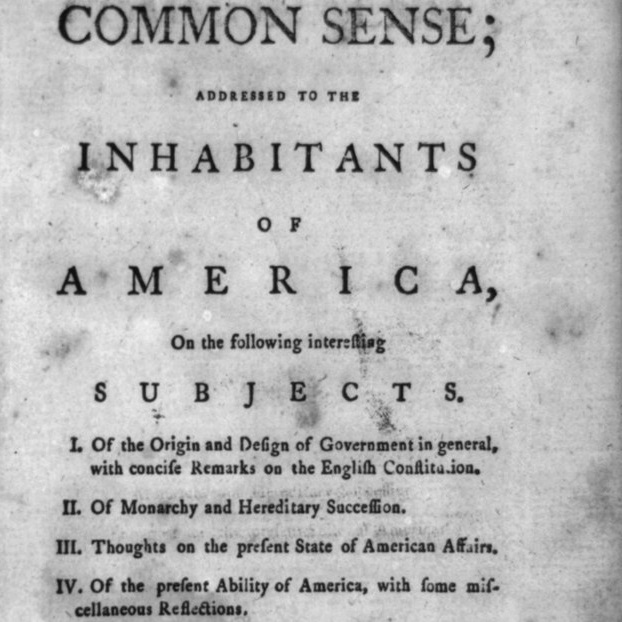
by Richard Subber | Apr 16, 2022 | American history, Book reviews, Books, Democracy, History, Politics, Revolutionary War
He didn’t mention the “k” word…
Book review:
Common Sense
by Thomas Paine
Isaac Kramnick, ed., intro.
New York: Penguin Books, 1986
When I re-read a classic, I try to prepare myself for a couple “aha!” moments and one or two “uh oh!” moments.
I wasn’t disappointed in reading Common Sense this time.
Paine first published (anonymously) his 47-page “pamphlet” on January 10, 1776, after the shooting at Lexington-Concord and before the Declaration of Independence was approved.
Of course, everyone knows Paine argued for “independance” (his 18th century spelling).
This time around, it’s of interest to me to note that Paine very carefully avoided directly challenging King George III by name or even by spelling out his title—the text is full of “k—” references. Paine fully and explicitly described and condemned the bad things that old George was doing and likely to do.
Also, it’s of interest to me that Paine notably includes in his arguments for “independance” that America’s trade and international commerce would be buttressed by separation of the British colonies from Britain. He freely uses “America” and “Americans” in referring to the colonies and the colonists, although a huge majority of English colonists likely thought of themselves as “British” citizens.
Paine gives ample space to biblical themes.
Common Sense was widely and repeatedly republished in 1776 and thereafter—it was astoundingly popular in America, Britain, and elsewhere. Historians suspect that 75,000-100,000 copies were printed.
* * * * * *
Book review. Copyright © Richard Carl Subber 2022 All rights reserved.
The “dime novels” in the Civil War
Think “blood-and-thunder”…
–
Above all: Poems of dawn and more with 73 free verse poems,
and the rest of my poetry books are for sale on Amazon (paperback and Kindle)
and free in Kindle Unlimited, search Amazon for “Richard Carl Subber”
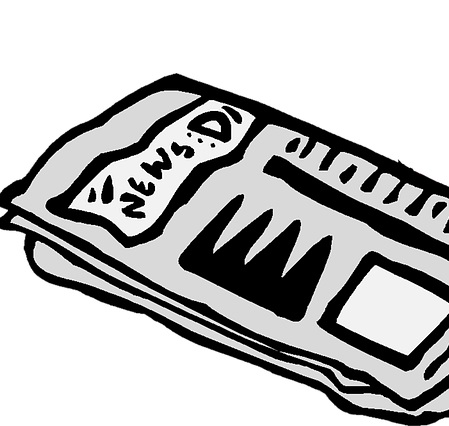
by Richard Subber | Nov 3, 2021 | American history, Book reviews, Books, Democracy, History, Politics
the “public watchdog,” as if…
Book review:
-30- The Collapse
of the Great American Newspaper
Charles M. Madigan, ed.
Chicago: Ivan R. Dee, Publisher, 2007
Madigan collected 15 commentaries on the continuing decline of the American newspaper industry and the woeful prospects for its improvement or survival.
The authors of Collapse do not offer predictions, but the adverse circumstances they describe as existing or possible seem all too real almost 15 years later.
Community newspapers have mostly disappeared or shriveled in vitality and importance.
Big city newspapers have been transformed into cash conduits by profit-seeking money managers, who as a group don’t care about doing or preserving the popular (and dubious) legacy concept of journalism as “a public watchdog.”
At every level of government, from township zoning hearing board to U.S. Congress, fewer and fewer reporters—or no reporters—are showing up to observe what’s going on and report it to a citizenry that historically has never wanted to pay the full cost of getting “the news.”
The basic business model of newspaper owners today is: soak the aging, shriveling group of home delivery subscribers for as much as they will pay, and soak the shriveling group of newspaper advertisers for as much as they will pay, for as long as they’re willing to pay. One by one, newspapers are disappearing.
For example, the seven-day home delivery price of The Boston Globe is about $25/week, or almost $1,300/year.
Do you remember how much a newspaper cost when you were a kid?
* * * * * *
Book review. Copyright © Richard Carl Subber 2021 All rights reserved.
We Were Soldiers Once…and Young
…too much death (book review)
Lt. Gen. Harold G. Moore (ret.)
and Joseph L. Galloway
–
My first name was rain: A dreamery of poems with 53 free verse and haiku poems,
and the rest of my poetry books are for sale on Amazon (paperback and Kindle)
and free in Kindle Unlimited, search Amazon for “Richard Carl Subber”
* * * * * *





